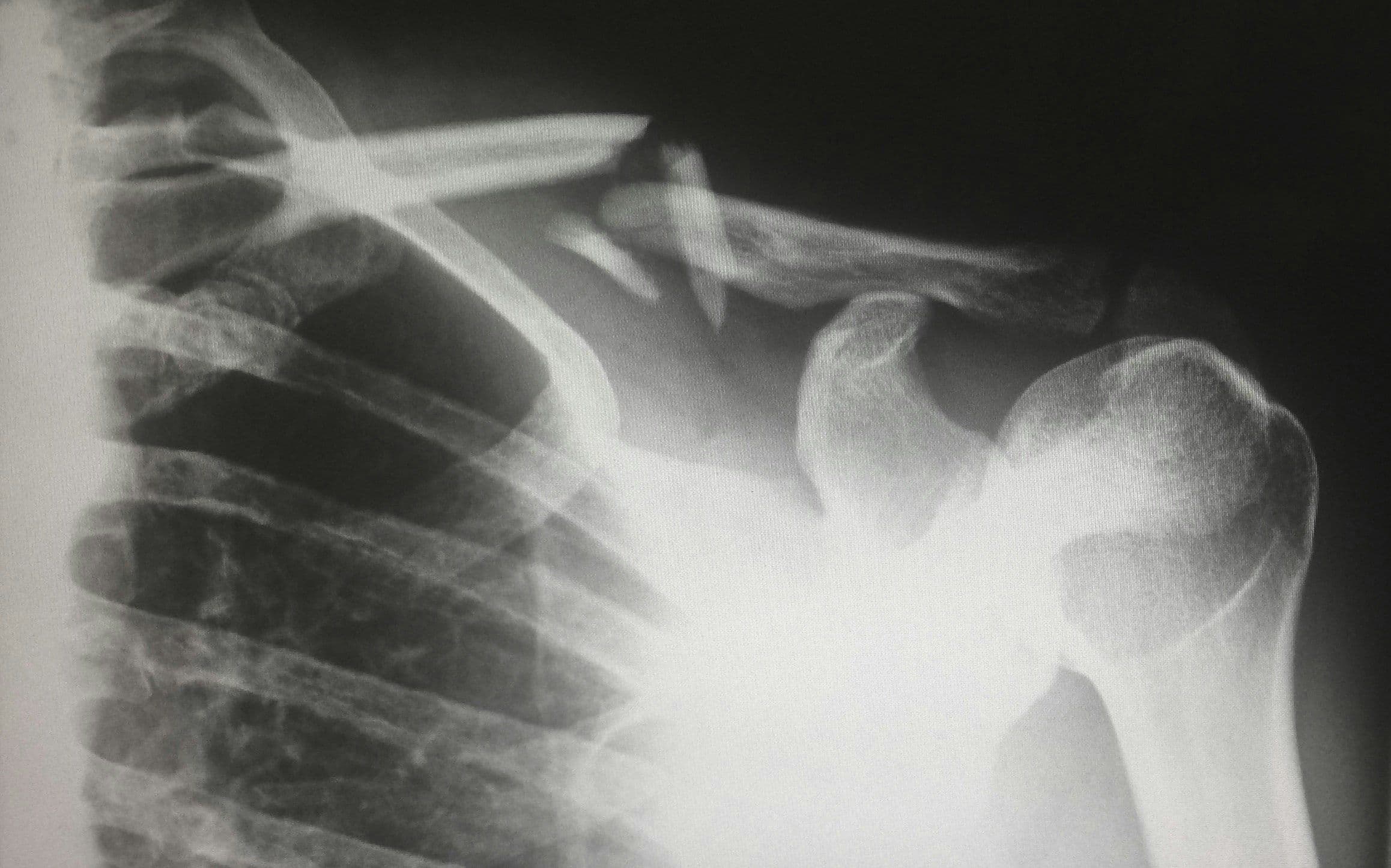
only pay if we win
No bull.
Just results.

Geoff Moore
Of-Counselsanga turnbull
Managing Partnercamille sebreth
general counselwe are a personal injury firm that evaluate your case, protect your rights, and stand up for you against the insurance company and the at fault party.
We Deliver. They Speak.

We represent victims of auto accidents caused by negligence or recklessness. Our attorneys handle cases involving rear-end collisions, head-on crashes, and distracted or drunk driving. We help clients understand their legal rights and seek compensation for medical bills, lost income, and emotional distress. We stand against negligent drivers and insurers, advocating for the recovery and justice our clients deserve.
Auto accident cases require thorough investigation, expert analysis, and a strong legal approach. We gather evidence, consult with specialists, and negotiate with insurers to secure fair settlements. When necessary, we pursue litigation to hold responsible parties accountable. Our goal is to help clients rebuild their lives and ensure they receive the financial support they need.

Sanga Turnbull is the founder and principal attorney of The Turnbull Law Firm, a trusted Florida firm dedicated to helping personal injury victims.
The Turnbull Firm’s comprehensive personal injury practice covers a wide range of cases, including motor vehicle accidents, nursing home neglect and abuse, and slip and fall incidents. They also handle workplace and industrial accidents, medical malpractice claims, catastrophic injuries, and wrongful death cases. Regardless of the situation, Sanga Turnbull and his team bring the same level of dedication, professionalism, and care to every client.


























